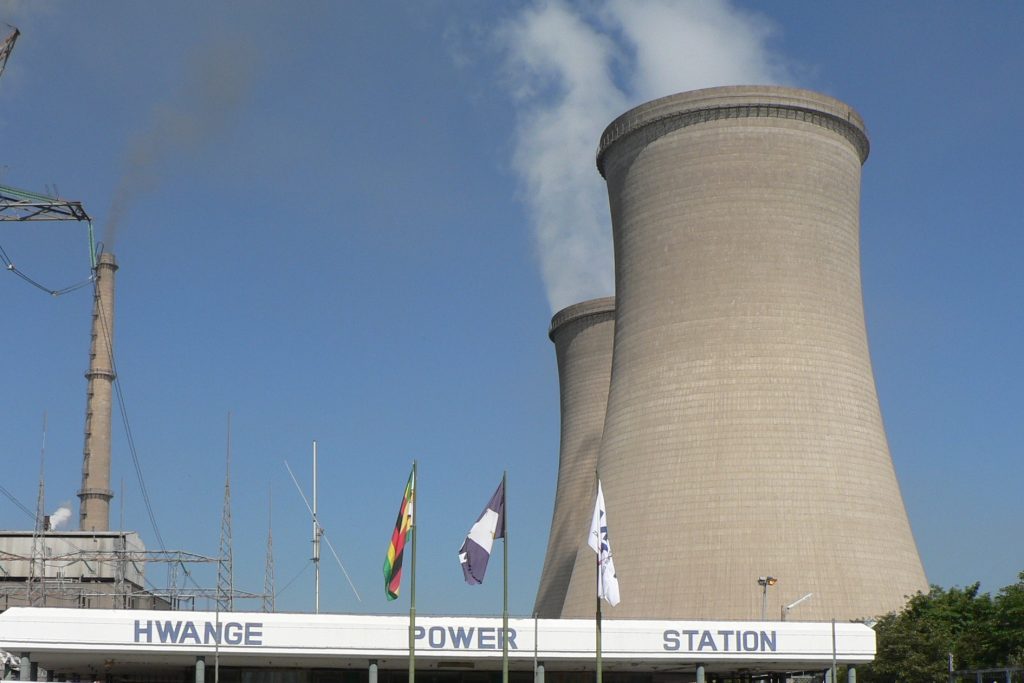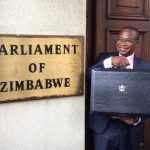Harare Power Station
The crumbling power station, which lies in the once vibrant Workington industrial area, is 77-years old. It was built during the battle of Stalingrad during World War 2. It does not produce any power.
The first station, with capacity of 21MW, was decommissioned in 1970. In 2014, the government decided to revive stage 2 of plant. The third station is producing a third of its capacity due to boiler plant breakdowns. For work on refurbishing the second station, ZPC chose Jaguar Overseas, yet again, for the US$73 million contract. The project is yet to take off.
During a tour of the facility by Parliament’s Energy and Power Development Parliamentary Portfolio Committee in February this year, committee chairperson Joel Gabuza quizzed the ZPC officials: “Don’t you have better players?”
Bulawayo
It was due to the smoke rising from the Bulawayo power station’s towers and from other then thriving industries that the city came to be known as “KoNthuthu Ziyathunqa”, the place of the rising smoke.
The Bulawayo plant was commissioned from 1947, and for years was an iconic marker of the city. It has capacity of 90MW, but at best now only sends out 18MW.
The plant was recently subject of a war between the Bulawayo City Council, once the owners of the plant before legal changes, and ZPC, which has been given a generating licence by the Zimbabwe Energy Regulatory Authority (ZERA) to allow a US$23million project, funded by India’s Eximbank, to revive output.
Gairezi
Since the early 2000s, there have been plans to set up a 30MW hydro power plant on the Gairezi River in Manicaland. The US$128 million project was initially awarded to an Indian company called Angelique International. Their local partner? Intratrek.
While ZESA has since said they have dropped Intratrek to deal directly with Angelique, it is small comfort. Deepak Vohra, a businessman and former diplomat, had his home raided by India’s anti-money laundering agency in 2016. Authorities were investigating Vohra for his possible role in the payment of kickbacks “to politicians in some African countries for obtaining contracts” on behalf of Angelique International.
Four years after the contract was awarded, no work has been done.
(388 VIEWS)


